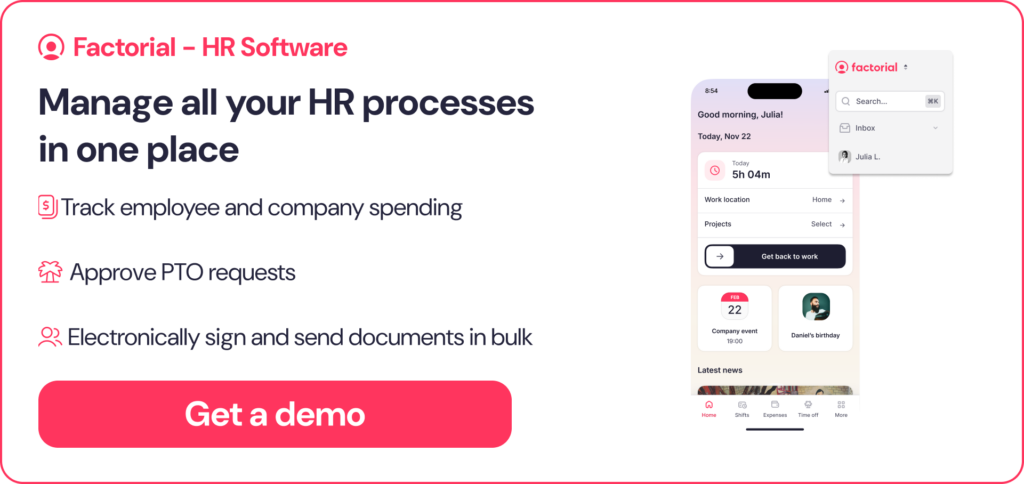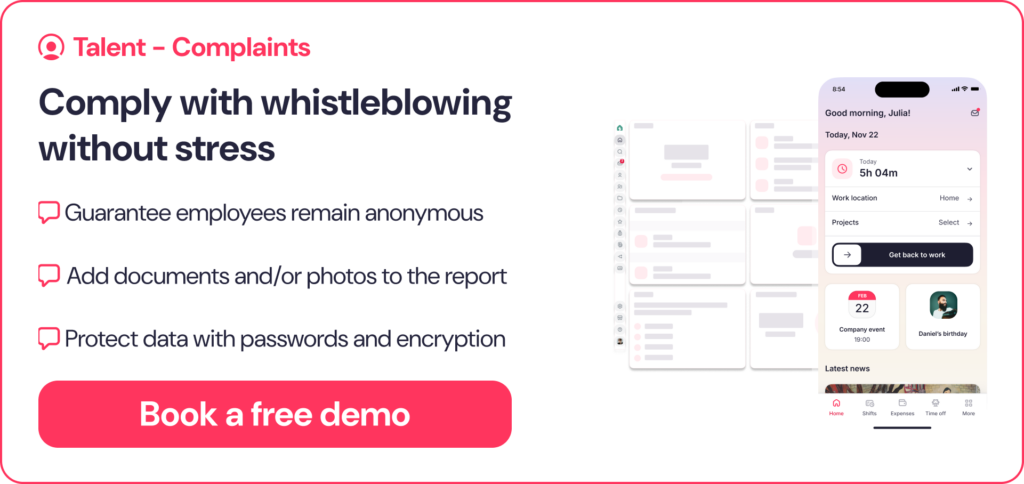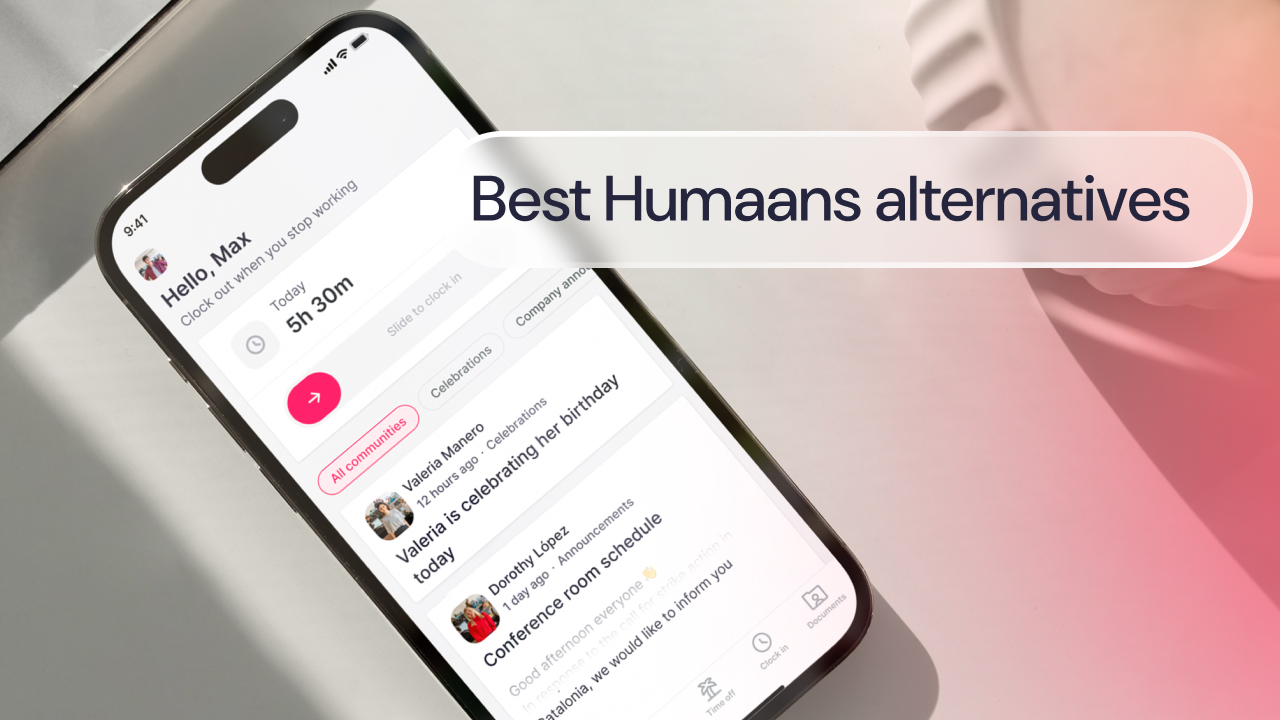If you are considering expanding your business into a new territory, you may already be familiar with the acronym EOR. It means Employer Of Record and is a practical approach to help companies manage their workforce in a location where they do not exist as a legal entity. This is particularly useful for businesses looking to scale up their workforce or those looking for additional support. The use of EORs is on the rise, it’s been reported that about 15% of EOR clients are UK employers.
In this article, we explore what an EOR does, the benefits of using one and tips for ensuring you find the best EOR to work with. Let’s dive into it!
What Does EOR Stand For?
EOR stands for employer of record. An employer of record is a third-party organisation that provides the legal framework for employing staff on behalf of a business. EORs can employ workers on behalf of a business either within the same country or in a different country with different employment laws.
The EOR will handle all employment-related responsibilities, including:
- Payroll
- Taxes
- Legal compliance
- Management of benefits
- Onboarding new hires
- Completing the termination process of employees
The business which is employing the EOR will be responsible for:
- Day-to-day requirements of the role
- Tracking leave requests
- Monitoring performance
- Training or upskilling
Why Use an EOR?
A typical example of when a company might use an Employer Of Record is when there are employees in a different country. Working through an EOR means the business does not need to establish its local presence for employment law purposes. This makes it easy for businesses to find the perfect candidate for a niche position or to expand their presence globally.
A business might use EOR services when they are:
- Hiring remote workers.
- Testing a new market.
- Expanding internationally.
- Needing to make cost-efficiencies in the operation they currently have in another market.
What services does an EOR provide?
EOR services usually covers:
- Employment contracts, including the administration associated with onboarding (such as background checks) and termination
- Payroll processing
- Tax and legal compliance, including contributions to government programmes
- Statutory holiday entitlements
- Employee benefits that comply with local regulations (such as pension plans)
- Visa and work permit sponsorship (where applicable)
These services, particularly global employment of record or global EORs, are well-versed in international employment laws. Which is valuable, especially if you’re a smaller team that doesn’t have the resources to hire an expert in global employment regulations to ensure compliance and expand your team internationally. Additionally, it takes the workload off your HR team when it comes to recruiting, onboarding, payroll, and offboarding. This is why EOR services are so great.
What are the Benefits of Using an EOR?
If you’re looking into EORs for your business, here are some benefits your organization could gain. From avoiding the costs and burdens of setting up another legal entity to mitigating the risk of non-compliance with local labor laws. Let’s check out more benefits:
Temporary Contracts
EORs can hire new team members easily for you. For a short term or temporary based contract which allows your team to achieve big goals during a limited amount of time.
Saves money & time
Your team won’t be occupied with recruiting or going through legal procedures to hire new employees or set up legal entities as EORs take care of that process. In addition, they provide a simplified payroll and benefits management approach, making it easier for you to manage an overseas workforce.
Legal compliance
Understanding how to run payroll and comply with local employment laws can be a frustrating and complex process without expert guidance. EORs handle these responsibilities, reducing the risk of legal consequences. This allows businesses to focus on growth and operations rather than navigating unfamiliar regulations.
Large pool talent
If you’re expanding your business overseas, hiring new team members from a diverse background can enhance your business. With an Employer Of Record, you’ll be able to hire the perfect candidate without worrying about any legal constraints.
What is the Difference Between EOR and PEO?
The difference between an EOR and a PEO lies in the employer-employee relationship. A PEO is a Professional Employer Organisation and acts as a co-employer with the business, whereas an EOR is the sole legal employer of the business’s employees.
As a co-employer, a PEO will share some legal and financial liabilities for employing staff.
How To Choose the Right EOR Provider
Spending time to make sure you are choosing the right EOR provider is essential to setting your business up for success in the new market you are entering. The provider you choose has to be able to meet your business requirements, but the relationship they create with both the parent company and the individual employees that they work with on your behalf is also significant.
The following factors are worth considering:
- Coverage: does the provider cover the territories that you are looking at?
- Scope: what services can they provide, and do they match your needs?
- Compliance: what is their track record on tax and legal compliance in different markets? Are they aware of the specific local requirements in the markets you are looking at?
- Costs: are the fees transparent? What are the set-up and termination arrangements?
- Data security: how does the EOR protect individuals’ data and ensure they adhere to the specific regulations in the countries they work in?
- Employee experience: do they answer queries quickly? What sort of local support do they offer? Is it easy for employees to access their information, such as payslips, holiday details, and benefits?
- Technology: what platforms do they use, and are they accessible to all?
- Reputation: do similar-sized businesses recommend them? How long have they been in business?
Before signing a contract, it pays to look at:
- How the EOR handles challenging issues such as a payroll query, a tax dispute or a legal query over working hours.
- The Service Level Agreement (SLA) sets out what support you will receive from the EOR.
- A sample employment contract and how the software used by the EOR supports the employee experience.
FAQs about EORs
When would you not use an EOR?
Using an EOR may not be the right approach when a company:
- Needs complete legal and operational control over its employees.
- Operates in a highly regulated sector or industry with specific requirements for how employees are contracted and supported—for example, government contracts or financial institutions.
- Is investing in a long-term approach and intends to scale rapidly, making an EOR less cost-effective over time as the company plans to invest directly in the target country.
If you’re scaling your company, but feel like using an Employer of Record isn’t the right fit, Factorial’s all-in-one business management software can support you in managing many of the administrative aspects of employing a workforce in a new location.
Does EOR manage payroll?
Yes. An EOR would typically manage payroll as this involves dealing with the tax and legal requirements of the country in which the employees are paid.
Is Factorial an EOR?
Factorial software can help with many of the processes involved in the work done by an EOR, but Factorial itself is not an EOR. The software can help manage employee documentation, payroll preparation and review, time tracking, performance, and goal-setting.
Is using an EOR legal?
Yes. An EOR is a fully legal and compliant way to hire employees in a country where the business does not exist as its own entity. However, the EOR needs to adhere to local employment laws to ensure it is working in a legally compliant manner.
How much does an EOR service cost?
How much an EOR service costs varies depending on the provider. The fee is usually a monthly amount per employee, or it can be a percentage of the employee’s salary. The complexity of the arrangement, the number of employees and the country involved can all impact the fee.



